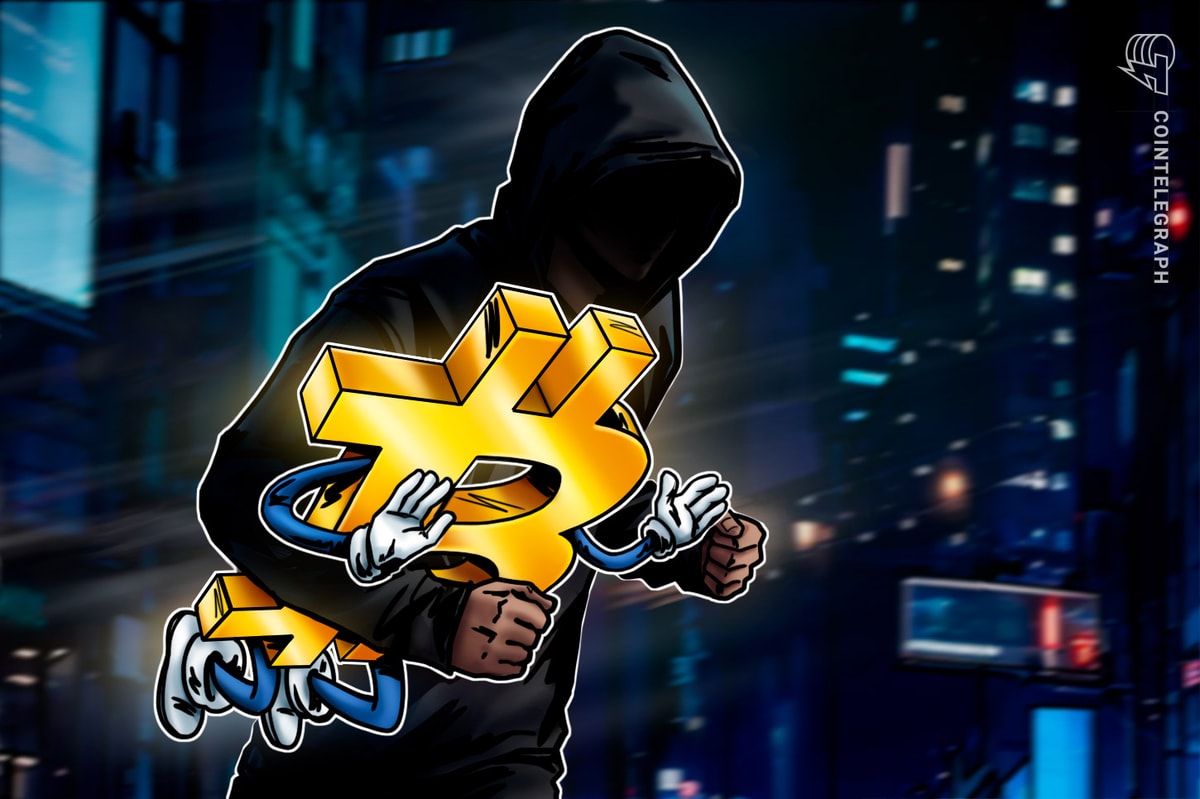The financial regulator of the Philippines will block local user access to Binance, the world’s largest cryptocurrency exchange, citing concerns over the firm’s unlicensed operations in the country.
The country’s Securities and Exchange Commission (SEC) said it received the assistance of the National Telecommunication Commission (NTC) to block access to Binance’s website and online trading platform, according to a March 25 document by the SEC.
“The SEC has identified the aforementioned platform and concluded that the public’s continued access to these websites/apps poses a threat to the security of the funds of investing Filipinos,” SEC Chairperson Emilio B. Aquino said in the letter-request addressed to the NTC.
The Philippines’ financial watchdog alleges that Binance offers investment products such as leveraged trading services and crypto savings accounts without the required licenses, which is in violation of the Securities Regulation Code.
The ban will take effect within three months to offer investors time to exit their position held through Binance, according to the SEC. The agency also asked Google and Meta to block Binance-related advertising from showing up on their platforms for Filipino users.
The ban in the Philippines is the most recent regulatory blow to Binance, which has been facing increased regulatory scrutiny worldwide.
In December, a U.S. court ordered Binance to pay $2.7 billion and its former CEO, Changpeng “CZ” Zhao, to pay $150 million to the Commodity Futures Trading Commission (CFTC).
The settlement marked the conclusion of a long-running case against Binance, which was sued by the CFTC in March 2023 for evading federal law and operating an illegal derivatives exchange.
On Nov. 21, CZ agreed to step down from his role at the helm of Binance as part of a wider settlement with the U.S. Department of Justice, the Treasury Department, and the CFTC.
On the same day, Zhao pleaded guilty to several civil charges and one criminal charge relating to Anti-Money Laundering laws.
Zhao is still awaiting sentencing related to money laundering charges. His sentencing was delayed until April 30. He is currently free on a $175 million release bond.
Related: DED memecoin causes community outrage after airdrop allocation reduced









